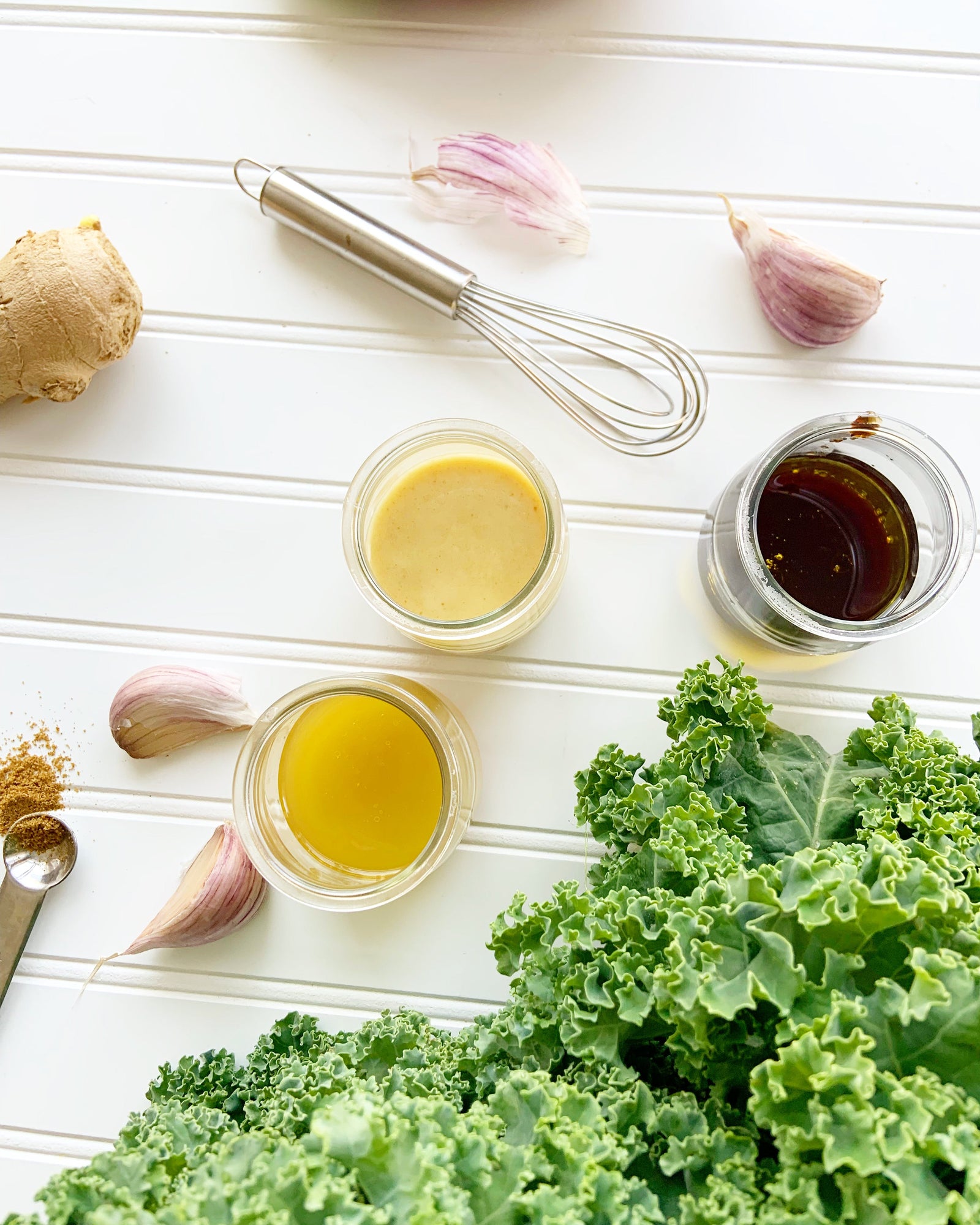With special guest, Enterococcus faecium - a probiotic character in your gut, that I like to describe as an ammunitions expert. (This probiotic definitely SPARKS a conversation about the importance of safety testing, and why stringent protocols are in place in probiotic manufacturing.)
Meet Enterococcus faecium - an Ammunition Expert in Your Gut (and, in your cheese)
When facing bad guys, it's nice to have an ally with you, who can supply you with good ammunition. Meet Enterococcus faecium - a probiotic, whose character could be called the ammunitions expert of your gut.
Isn't Enterococcus faecium harmful?
No, it's not harmful, but what's truly mind-blowing is how closely related this ally is to pathogenic species. Reading that might spark judgement, but you can’t judge a book by its cover - you have to open it and test it. There is an enormous amount of technical safety testing involved in the manufacturing of probiotics to ensure safe products and strains. Set your sights: our target is to learn more about this fascinating probiotic, another character being featured in the International Probiotic Association's Monthly Microbe. It might be menacing-looking, but this multi-tasking, gram-positive lactic acid bacteria, Enterococcus faecium, is a really helpful microbe to have around. Here's why...
Who is Enterococcus faecium?
Enterococcus faecium is a probiotic that' is a very interesting-looking microbial species. If you could set your sights on it, under a really good microscope, you’d see a spherical-shaped, gram-positive lactic acid bacterium that commonly is found in pairs of chains, rather than in clumps. It has both pili (hairs) and flagella (tails) on its body, and a thick outer cell wall layer (like its skin) that is sort of a crystal lattice.
Where to find Enterococcus faecium spp.
You’ll commonly find Enterococcus faecium in the gut of humans and animals. It’s well suited to survive the digestive process and flourish in the gut. Enterococci were first discovered in human poop in 1899. However, it’s a fun fact that until 1984, they were still considered part of the genus Streptococci. There are two distinct subpopulations of Enterococcus faecium: The first subpopulation represents commensals (normal residents) of the gastrointestinal tract and is usually not involved in clinical infection, while the second subpopulation is.

How this Probiotic Helps Cheese
This microbe is also a powerful ally in the making of in fermented foods where provides ammunition to inhibits the growth of unwanted microbes. It’s particularly great in cheese. Enterococcus faecium spp. can throw enough ammunition at Listeria and molds to prevent these pathogens from spoiling cheese, as well as helps develop the aroma, flavour, and sometimes textures. It is also a really good fermenter; hence, you will find Enterococcus faecium spp. in a variety of fermented foods including, sauerkraut and tempeh. That’s just one of the noteworthy characteristics of Enterococcus faecium spp. – it can also handle a wide range of pH (including high salt concentrations) and heat in food manufacturing.
Is Enterococcus faecium a probiotic?
Yes, it is a probiotic! By definition, a probiotic elicits a health benefit in humans and this microbe does not disappoint. Enterococcus faeciumis a helpful multi-tasker in the human gut. Here's a few:
- With the ability to produce bacteriocins (anti-microbial agents or bacterial bullets), Enterococcus faecium spp. are teammate like an ammunitions expert, able to provide some spark to help ward off harmful (pathogenic) microbes.
- Enterococcus faecium doesn’t even have to show its ammunition to intimidate pathogens. It’s also really good at wriggling into tight places and finding the best spots to hang out as a sniper.
- As it finds a good spot (sites on the surface of cells in the gut), it sets up a protective barrier around the gut.
- By competing for these sites harmful microbes are less able to bind and infect the body.
- Enterococcus faecium spp. eat up some of the resources pathogens need to thrive.
- Certain Enterococcus faecium spp. can produce folate, an essential vitamin. Folate is needed by the body for cell metabolism, cell division, and the synthesis of vitamins and amino acids.
- Animal research results indicate Enterococcus faecium spp. may boost immune cell function, improve regulation of cell proliferation, and elevate fat burning capacity.
Is Enterococcus faecium safe?
Like any microbial family, not all members are helpful. The Enterococcus genus is known for being mainly pathogenic. Concerns over the safety of Enterococcus faecium as a probiotic food supplement have been raised due to the inclination of this microbe to develop and acquire anti-microbial resistance to many commonly used antibiotics, especially vancomycin and ampicillin. But the probiotic strains of Enterococcus faecium do not appear to have the ability to cause antibiotic resistance. To be able to determine which strains are safe and which are pathogenic, researchers and regulators have developed strict checklists of various safety criteria to ensure only microbial strains that are safe for human consumption are used in food or food supplements. Luckily for us and due to these regulatory lists, we can safely enjoy this ammunition expert’s talents in all sorts of foods and probiotic products.
Importance of Safety and Testing in Probiotic Manufacturing
Of note, starting a discussion about the safety of Enterococcus could be an explosive conversation. To explain, Enterococcus faecium spp. are closely related to pathogenic microbes, some that cause serious illness and resistance to antibiotics. (Safe strains of Enterococcus faecium spp. have been extensively studied, tested, and had their toxicity analyzed, allowing them to be safely used in food manufacturing in many countries.) This blows open a need to discuss the extensive safety testing, stringent choice of which microbial strains (only those with well-established safety records), and intensive quality and safety checks in the manufacturing of probiotics.
Probiotics have to go through detailed checklists, proven safety, and a lack of toxicity before they can be used – sort of similar to ammunition (hence our fun characterization of Enterococcus faecium spp. as an ammunition expert). In probiotic manufacturing, there are impressive amounts of technical safety in place, including batch-to-batch controls to ensure the end products meet specifications. Appropriate guidance, safety policies, and manufacturing guidelines can allow these intriguing microbes to have a role in enhancing human health. Of note, only a limited number of Enterococcus faecium spp. are commercially used due to extensive safety and proven toxicity requirements, but the potential for health is promising.
How to Learn More About Probiotics
Explode your knowledge of microbes, with other IPA Monthly Microbes, including Lactobacillus acidophilus, E. Coli Nissle 1917, and Saccharomyces boulardii.
References
The genus Enterococcus: between probiotic potential and safety concerns – an update. Front Microbiol 2018; 9: 1791.
Fermented foods: definitions and characteristics, impact on the gut microbiota and effects on gastrointestinal health and disease. Nutrients 2019; 11(8): 1806.
Host specificity of vancomycin-resistant Enterococcus faecium. J Infect Dis. 2000;182(3):816–23.
Murray BE. The life and times of the Enterococcus. Clin Microbiol Rev. 1990;3(1):46–65.
Characterization of a bacteriocin produced by Enterococcus faecium GM-1 isolated from an infant. Journal of Applied Microbiology 2005, 98, 1169–1176.
Restricted gene flow among hospital subpopulations of Enterococcus faecium. MBio. 2012;3(4):e00151–12.
Enterococcus faecium SF68 as a model for efficacy and safety evaluation of pharmaceutical probiotics. Beneficial Microbes 2018; 9(3):375-388.
Also in Blog

The Microbiome Diet: Gut Health, the Human Microbiome and Your Health
Your guide to the human microbiome, with insights into the Microbiome Diet, and whether it can improve your health, including indigestion.

Why Can't I Sleep: Your Guide to Better Sleep



